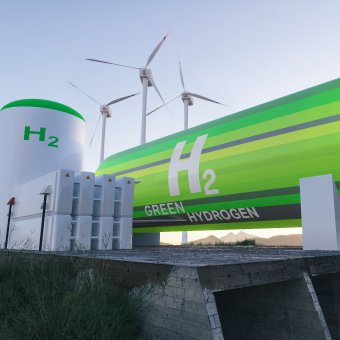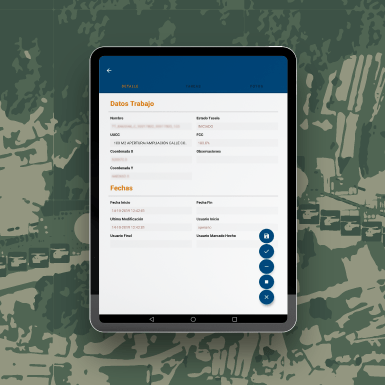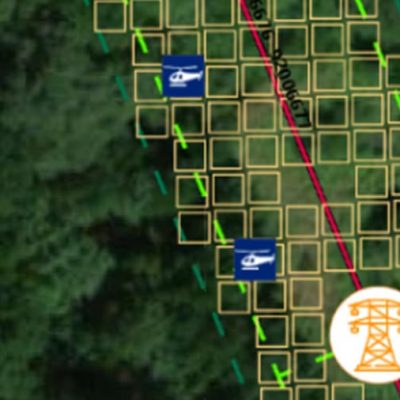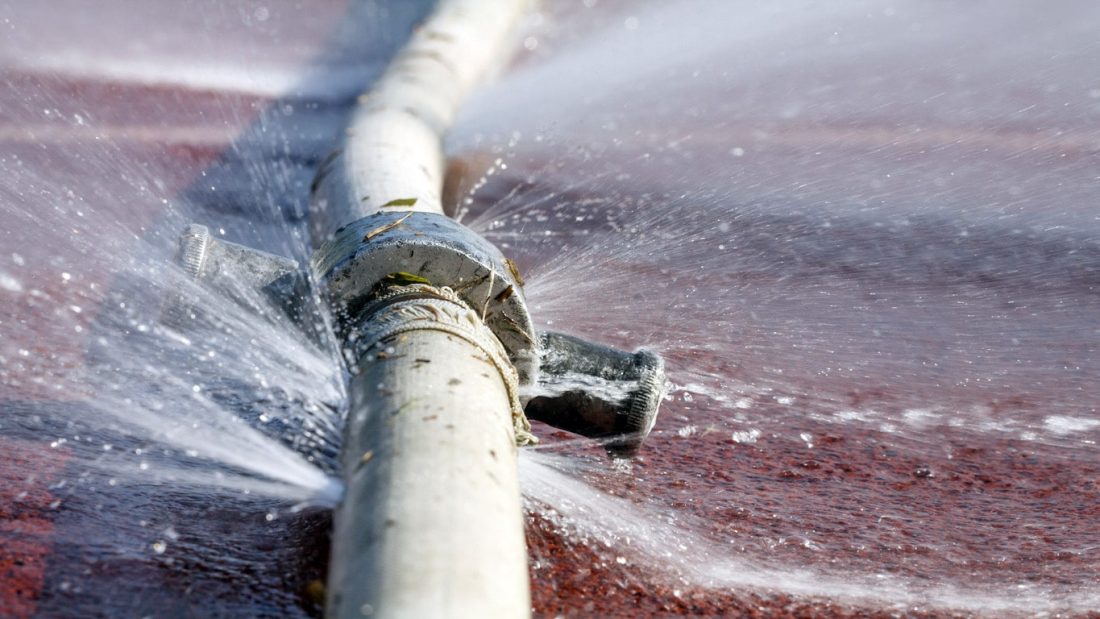
Minimizing non revenue water (NRW) is key for efficient water management in a company’s distribution network.
In developing countries, approximately 45 million cubic meters of water is lost per day, incurring important economic losses for water utilities.
Public water companies suffer enormous economic losses seeing how water filters into the ground while it needn´t be that way.
If water losses in developed countries could be cut in half, that lost water could supply 90 million people.
This “lost” water is known as non revenue water (NRW), water that is pumped, or lost and is not charged to the end user.
The need to better manage these natural resources and protect them is more important today than ever.
In an environment where water restrictions are in place, NRW management can be a profitable business. At the same time, the income from saved water makes a difference on a company’s balance sheet, while reducing the amount of water that has to be pumped out of the ground.
Non revenue water can come about by means of physical losses such as broken pipes, caused by improper or deficient maintenance, mismanaged leaks or deficient underground water quality.
Non revenue water can also be due to faulty meters, mismanaged data or illegal water connections.
All possible water losses, whether they be leaks or water that is stolen, require action. The problem is time, from detection to solution; in the meantime the NRW keeps flowing.
Today, the majority of water distribution networks are controlled by sectors that warn of possible leaks in a clearly defined area.. A detailed inspection is followed to detect and find the affected area. This process requires time, and depending on the type of network, the size of the sectors and available resources.
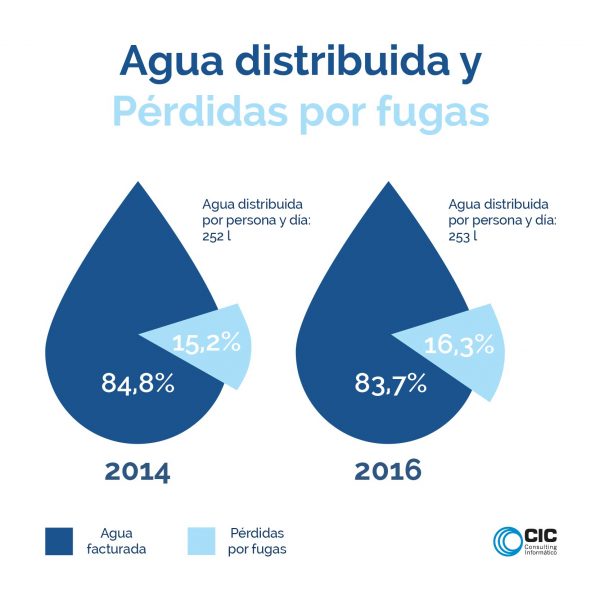
At CIC Consulting Informático we are conscious of the impact that NRW have on a company’s balance sheet. For this reason, we are working on solutions to help companies and public administrations to monitor their operations and establish a program to limit water losses. Our IDboxRT monitoring platform allows for the detection and remote reporting of water leaks, via registers and automatic analysis, finally sending the data to a central information station. The system allows for the validation of a received alarm and the confirmation that the information is truthful, thus avoiding unnecessary travel and almost sure leak detection.
This technology allows for the optimization of human resources, as well as improving non revenue water ratios. Once the NRW is controlled, it is convenient to think about what has produced the leak. The IDboxRT platform manages and monitors the entire water cycle. By means of sensors, it can measure the temperature, pressure, closed valves, variation in humidity, etc… Once the system detects a variation in the established parameters, an alarm goes off in a control center, in real time, allowing the operator to have the necessary information to act.
In this way, a more efficient water management and leaks detection system is put in place, thereby, reducing response time and consequently a reduction in non revenue water.

